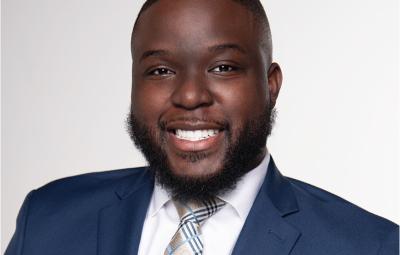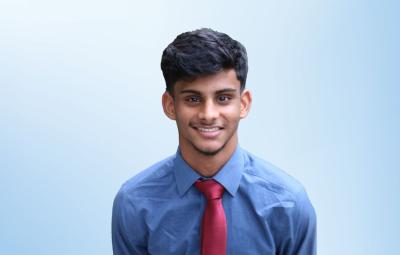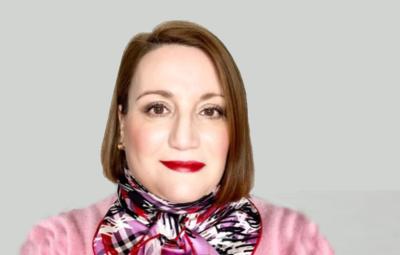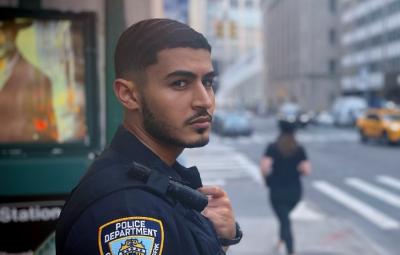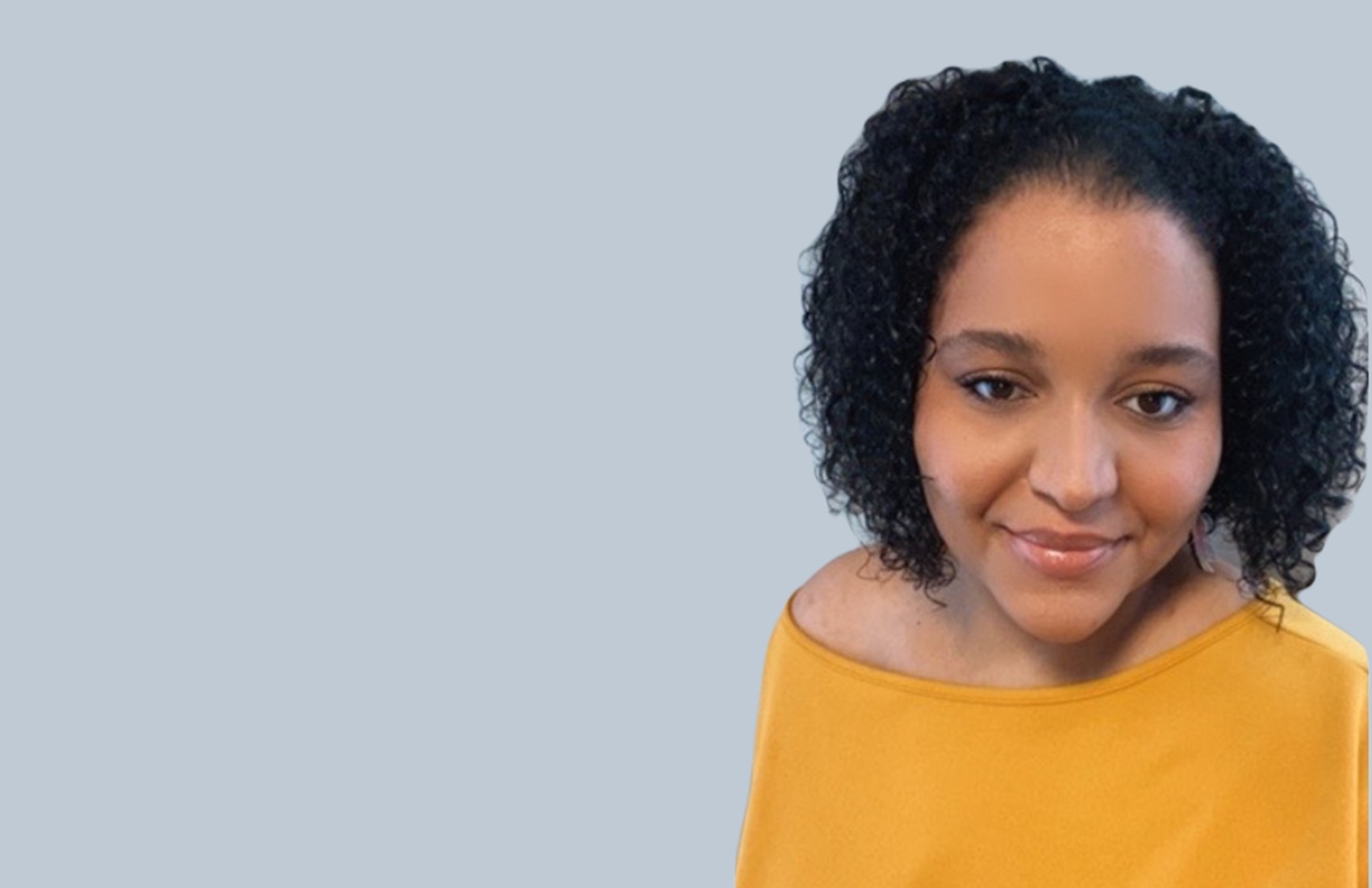
Degree: B.S. in Criminology and Law
Hometown: Harlem, NY; Caracas, Venezuela
Mentors: Soheila Fortuna, Yelena Meytes
Programs: CUNY EDGE, CUNY Justice Academy, CUNY Service Corps.
Internships: Vera Institute
Graduate School: Silberman School of Social Work at Hunter College
“I’m a testament to the transformative power of a CUNY education,” says Meriyen Marquez ’19, a three-time CUNY graduate. She has an associate degree from the Borough of Manhattan Community College, bachelor’s degree from John Jay College and MSW from Hunter College. “A few years ago, I didn’t know what my future would look like. I’m an Afro-Latina immigrant, single mom, domestic violence survivor, and the first in my family to go to college. Coming to John Jay and joining the CUNY EDGE program made graduate school and a career advocating for others possible.”
What was life like before John Jay?
I was born in Caracas, Venezuela and lived there until I was about 12 years old. When my father saw Venezuela starting to get bad, he decided the best thing for me to do was go to the United States. I came to New York and the transition was tough. I didn’t understand English and I wasn’t the best student. Luckily, I had teachers who believed in me and saw my potential. They pushed me to join programs that would help me graduate high school. At the time, I didn’t see the point of graduating since I was undocumented and believed college wasn’t possible, but my teachers never gave up on me.
After graduating high school, I had my first daughter, and then, unfortunately, I became a victim of domestic violence. I soon found myself homeless and living in the shelter system. It was through the Safe Horizon program I was able to get support, housing, and therapy. I then obtained my U-Visa, got a job as a school crossing guard, and took a college prep program that led me to the Borough of Manhattan Community College (BMCC), where CUNY’s ASAP program helped me pay tuition and covered my book and transportation costs.
Why John Jay?
Having gone through my share of challenges, I wanted to advocate for people with similar life experiences. John Jay was the perfect place for me to acquire advocacy skills and strengthen my voice. The CUNY Justice Academy helped me make a seamless transition from BMCC to John Jay. I was met at John Jay with incredible support, from professors who let me bring my daughters to class, to advisors who pushed me toward excellence.
What kind of support did you receive at John Jay?
I owe so much of my success to John Jay’s CUNY EDGE program and my mentors from the program, Director Soheila Fortuna and former Program Director Yelena Meytes. There were times I felt so overwhelmed by everything I was juggling. I would go into their office and cry my eyes out. They would allow me to vent and get it all out. Once I was done, they’d remind me that I could do it. Soheila and Yelena were my support system, empowering me every step of the way. They made sure I had what I needed, gave me advice, and even wrote my recommendation letter for grad school.
It was Yelena who encouraged me to apply to Hunter’s Silberman School of Social Work. When I learned I got accepted, I immediately called Yelena and she said, “Of course you got in. You can accomplish all your dreams, Meriyen, but you have to see it and believe in yourself.” Yelena and Soheila’s support meant the world. They weren’t just telling me what steps to take to achieve success; they were helping me see my potential.
Why was it important for you to earn your MSW and to become a bilingual social worker?
There’s a severe lack of bilingual social workers available, yet many who need these services don’t speak English and aren’t from this country. What we need are social workers who understand the different cultures and languages. As someone who fluently speaks Spanish, it’s important for me to work with Latinos. The Latino community has a stigma around mental health and mental illness. A lot of times, if a Latinx person is expressing feelings of depression or anxiety, their feelings are dismissed by their family and they’re labeled as lazy or crazy. When working with my Spanish-speaking clients, I want to make sure they understand that it’s okay to ask for help and to get that message across I need to speak their language.
Where do you see yourself in 10 years?
I’m currently studying for the LCSW exam. I’ll need that clinical-level license to work in hospitals and help support domestic violence victims. I’d also love to work at the policy level one day, creating change in the system by providing more bilingual therapy options. Ultimately, I want to be part of the treatment process that helps people heal, love themselves, feel empowered, and reach their full potential. I want to do for others what CUNY, John Jay, and people like Soheila and Yelena did for me.
